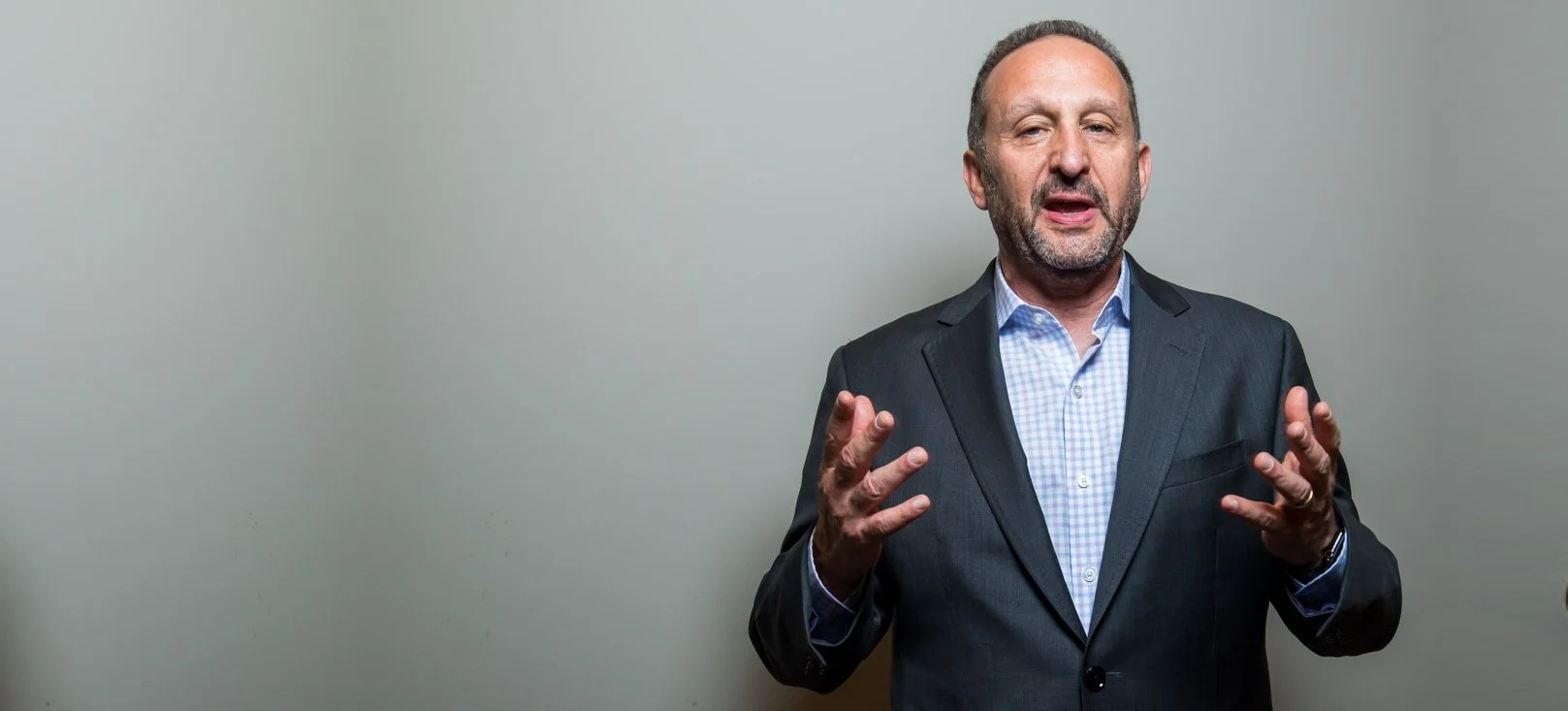How Coachable Are You?
How coachable are you? If your answer is, "I'm incredibly coachable, I'm not sure I could be any more coachable," then you're probably not as coachable as you think, because you've got this fixed mindset of you being coachable that's carved in stone, and you're going to be defensive if someone says you're not coachable. That's the definition of not being coachable. So even if you are coachable, you believe you're coachable, how could you improve?
Leaders that aren't as coachable as they should be hold themselves back, their teams back, and their companies back. They're not open to new ideas. You may ask for feedback, but you do it as a technique because you believe you know all the answers. You're not spending as much time as you should learning and growing over time. You may be holding on to old ideas that just aren't working. You may get discouraged and blame failure on other people or on circumstance, and you may be modeling not being coachable for the rest of your team.
So, what does it mean to be coachable? As I go through the list of five things it takes to be coachable, I want you to think of not where you're failing and where you're succeeding, but which of those five things you should be working more on.
5 things it takes to be coachable:
Have an internal locus of control. Locus is a fancy word for center. An internal locus of control means you make things happen, while an external locus of control says things happen to you. If you've got an external locus of control, you're not very coachable because you believe you are a victim to the situation. If you've got an internal locus of control, you are in control. You make things happen. That's the foundation for being coachable.
Be open to asking for and receiving feedback. How open are you to asking for and receiving feedback? That takes vulnerability. That takes the willingness, the desire to actually hear what may be hard to hear without defensiveness.
Have a growth mindset. The opposite of a growth mindset is a fixed mindset. A fixed mindset says your qualities are carved in stone, and that means you've got a need to prove yourself over and over again. A growth mindset says you believe that you and others have the ability to change. A growth mindset drives you to have a dedication to learning and growing - reading, listening to podcasts, going to conferences, being part of mastermind groups.
Have a willingness and desire to take action. To have this, you've got to combine your growth mindset with a strong belief in a brighter future. If you believe things suck and they're always gonna suck, you're not going to have a real willingness to take action. If you believe in a brighter future, along with a growth mindset, you will have a willingness and desire to take action.
Have a willingness to be held accountable for taking, or not taking, that action. This loops back to being open to and asking for feedback. You’ve got to be open to someone saying, "Hey, remember that thing you said you were going to do? You're not doing it." Or, "Remember that thing you said you weren't going to do in meetings anymore? Well, you just did it again." So you've got to be open to receiving feedback, and it's more than an openness - you have to thank people for that feedback, whether you agree with them or not. If you agree with some of the feedback that people give you, and other people give you feedback and you say nothing or you disagree with them, people are going to stop giving you feedback if you've disagreed. So you've got to thank them.
So, which of these five things do you need to work on? Having an internal locus of control? An openness to asking for in receiving feedback? A growth mindset? Willingness and desire to take action? Or a willingness to be held accountable?
What's the one most important thing for you to take action on today?

